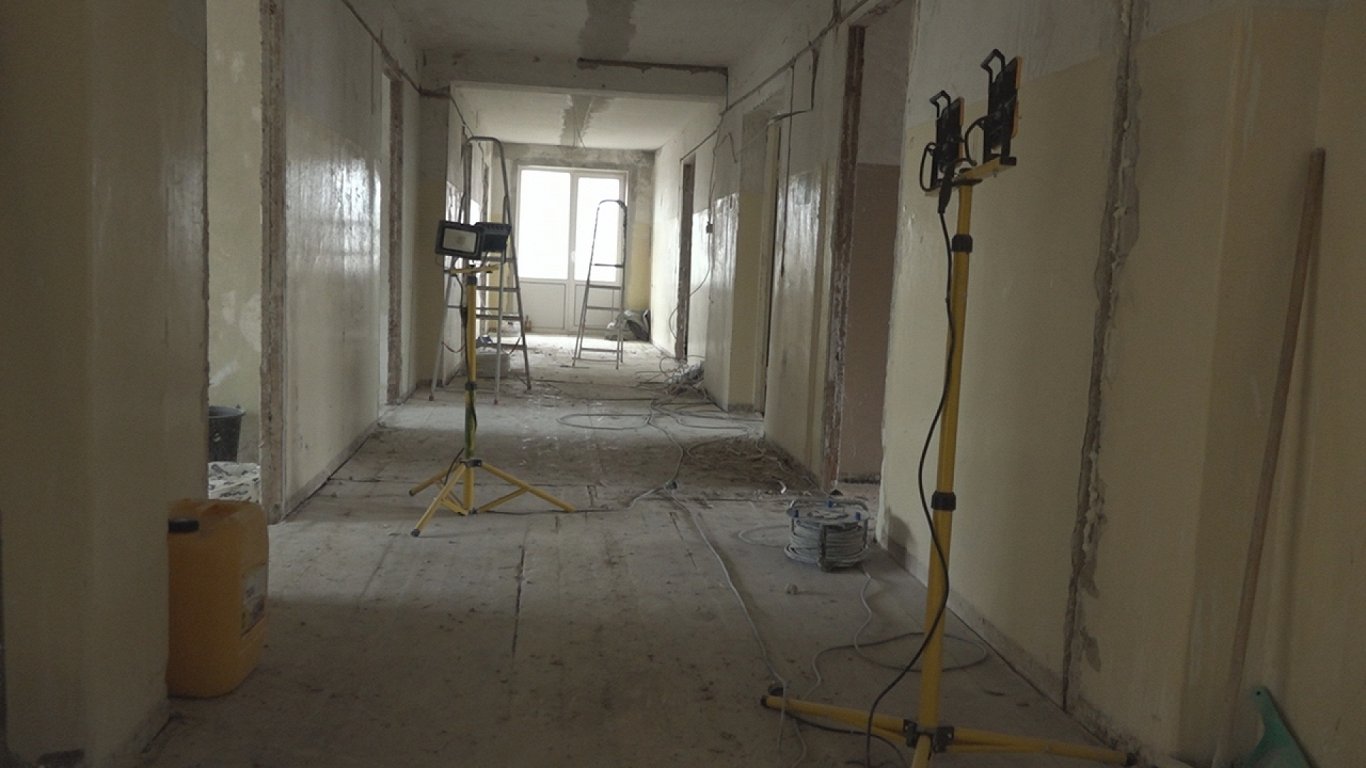During the meeting of the Saeima's Shadow Economy Sub-Committee on Monday, June 19, the Ministry stated that it will propose stricter control over the construction and reconstruction of private houses and will seek solutions for the payment of foreign labor taxes in Latvia.
Between 2016 and 2021, the volume of the shadow economy in the construction sector declined due to various measures and the willingness of the construction industry to cooperate.
However, in the last couple of years, the shadow economy estimates in the construction sector again show a deterioration of the situation: in construction, the shadow economy has risen to 34.5%, while on average the shadow economy is estimated at 26.5% of gross domestic product, according to the annual survey of Stockholm School of Economics in Riga.
This is explained by the impact of the Covid-19 crisis and the substantial cost of building materials following the Russian invasion of Ukraine. The proportion of "envelope wages" or unregistered cash payments is still high.
The Latvian Construction Association studied envelope wages in large, medium and small building sites. In large objects, the shadow economy component is up to 15%, and in small sites up to 70% and above.
Based on other countries' experience, the Ministry of Economics will offer tax incentives for legally received services - residential building repairs. The work would be performed by a self-employed person, but the commissioning party could receive a personal income tax incentive.
The Ministry of Economics is convinced that such an approach would boost the willingness of labor contractors to purchase a legal service rather than seeking illegal opportunities to save, including by paying in cash.
“We realized, after very long discussions, that it was impossible to introduce any controlling measures in this segment because these jobs are out of the construction sector, we just don't see them. It is only if a neighbor complains about the other,” said Olga Feldmane, head of the Ministry of Economics's Department of Construction Policy.
The meeting of the sub-committee also focused on attracting foreign labor to construction and on the task of ministries to find the possibility that taxes on the employment of foreign working hands would be paid in Latvia and not in the country of origin of the attached employees.
More clarity on which proposals to supervise the construction sector will be introduced is expected later in the summer.






























